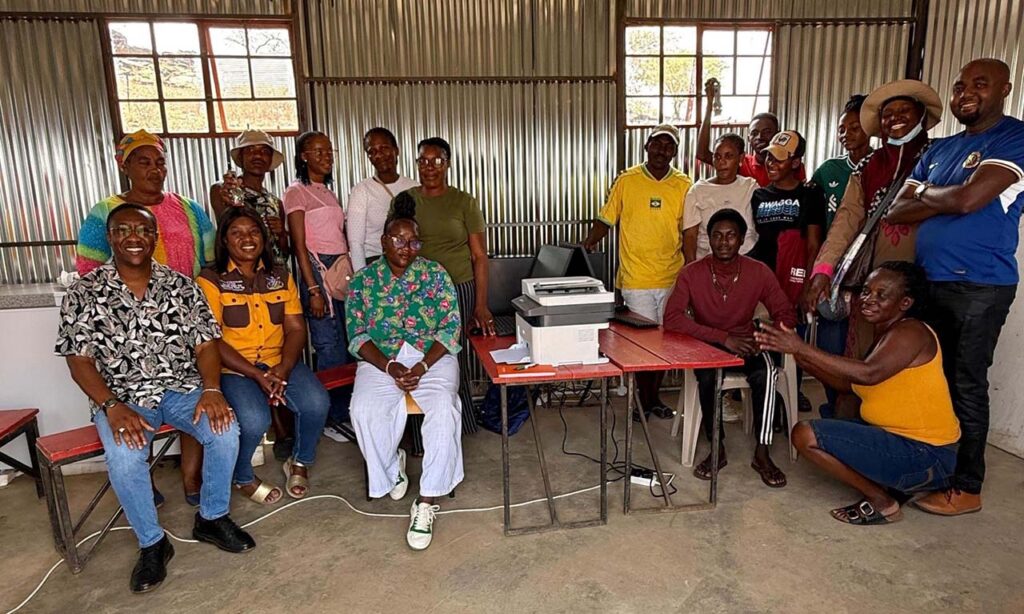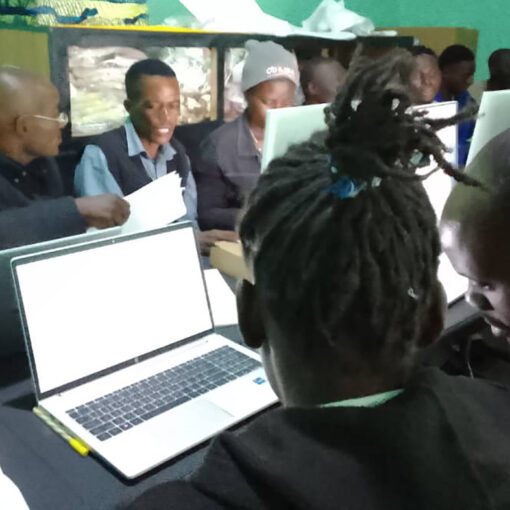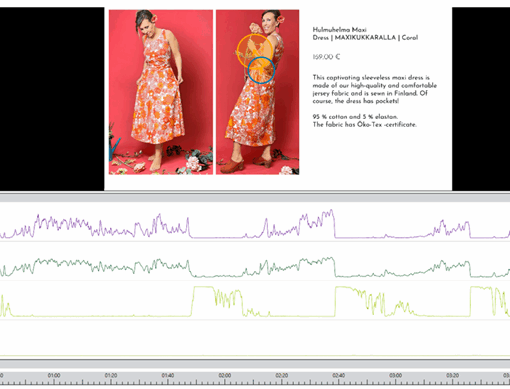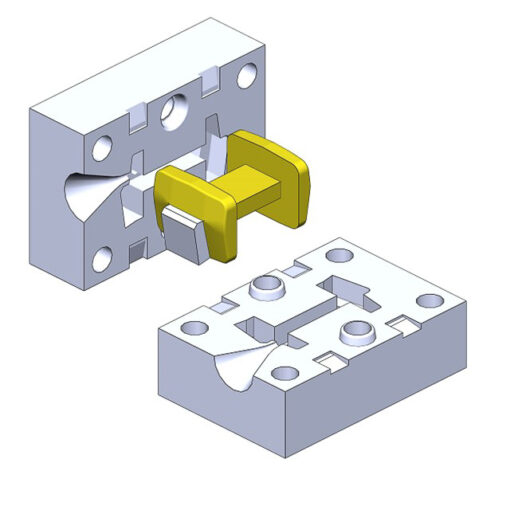One of the aims for Developing Sustainable and Entrepreneurial Villages through Educational Living Labs in Namibia and Zambia – SmartVille project is to establish and offer entrepreneurship education through technological platforms, the Living Labs, in rural under-served communities in Namibia and Zambia reaching the most vulnerable groups, such as women, youth, and people with disabilities (LAB 2025).
Higher Education Institutions (HEIs) in Namibia and Zambia have chosen the locations for SmartVille Living Lab sites. The Mix Settlement Living Lab site, hosted by Namibia University of Science and Technology (NUST) through the Namibia Energy Institute (NEI), is located approximately 20 kilometers north of the capital city Windhoek with a population of about 3000. The settlement embodies the vision of Namibia’s National Resettlement Programme to empower formerly disadvantaged and landless citizens through access to land, self-reliance, and food security.
The objective is to provide rural and peri-urban underserved communities access to entrepreneurship education, including digital tools, based on the focus group discussions conducted by the project team within the community members in October 2024. In addition to the educational contents, the Living Lab acts as hub for entrepreneurial activities enabling business development opportunities that encourage local innovation and self-sustainability through renewable energy systems. It provides essential infrastructure such as solar power, refrigeration, computing equipment, and internet connectivity to support local economic activities.

Empowering entrepreneurs with business skills
The informal course created for the Mix Settlement is “Fundamentals for Small Business Management”. The course aims to equip the community members with bookkeeping, financial management, traditional and social media advertising, market analysis, sales forecast, new product development and product costing, and competition analysis skills to be able to sustain and grow their businesses. Several training sessions have been taking place in the Mix Settlement since June 2025. The participants have highlighted the relevance of the training content to their effort in starting a small business.
The community members were also trained in how to use the computers effectively, facilitated by NUST lecturers from the Department of Governance and Management Science. The training focused on basic digital literacy, including the use of Microsoft Word and Microsoft Excel. This marks an important step towards building the digital capacity of the community enabling better management of small enterprises and administrative tasks.
Towards entrepreneurship
The Living Lab has been equipped with additional items, such as hair clippers, in addition to the items already in the lab (freezer, printer, and the photocopy machine) to further enhance the Living Lab’s functionality. The community reported that the freezer provided under the Living Lab initiative has already been used. Residents have begun using it to store meat, as well as to keep water and ice for resale purposes. Selling goatheads is one of the most important entrepreneurial activities in the community.
Business activities have increased and a need for another freezer has arisen within the community. The community members are to propose a structured payment system where users of the freezer would be charged based on their business activities, ensuring the sustainability of the equipment. Additionally, a bank account would be opened to serve as the central repository for funds generated from the Lab activities and would ensure transparency and accountability in financial management. This demonstrates that the Living Lab is already contributing to local economic activities and community empowerment.
The engagement demonstrated that the community of Mix Settlement has embraced the Living Lab concept and is eager to see it succeed. The fact that the Living Lab’s facilities are already being used for income-generating purposes is a positive indicator of community ownership and initiative, and crucial for the sustainability of the Living Lab after the project’s end.
Authors
Mia Ekman works as a Senior Lecturer in the Faculty of Business at LAB University of Applied Sciences. Currently works also as a project manager in the Developing Sustainable and Entrepreneurial Villages through Educational Living Labs in Namibia and Zambia (SmartVille) project.
Helvi Ileka works as the Centre Head in the department of Renewable Energy and Energy Efficiency at the Namibia Energy Institute, Namibia University of Science and Technology. Currently works also as a project manager of Namibia University of Science and Technology in the Developing Sustainable and Entrepreneurial Villages through Educational Living Labs in Namibia and Zambia (SmartVille) project.

References
LAB. 2025. Developing Sustainable and Entrepreneurial Villages Through Educational Living Labs in Namibia and Zambia. Project websites. LAB University of Applied Sciences. Cited 22.10.2025. Available at https://lab.fi/en/project/developing-sustainable-and-entrepreneurial-villages-through-educational-living-labs-namibia




